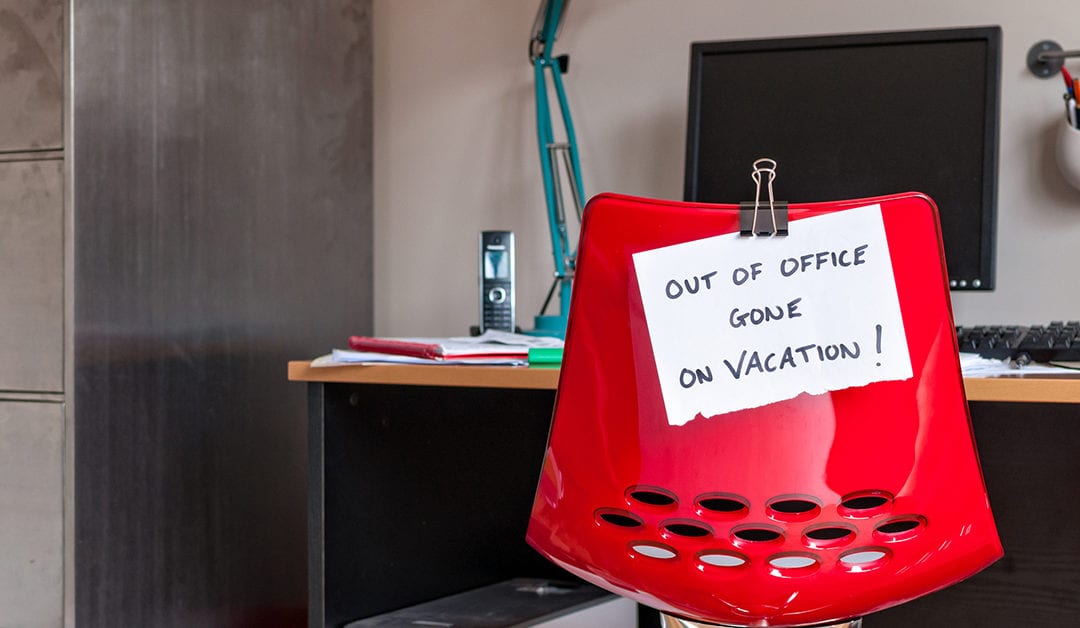At first glance, many employees were thrilled to have the opportunity to work remotely this year. But as time wears on, many professionals are realizing there are downsides to remote work.
While many of us used to clock in and out of the office, we no longer have any physical barriers between home life and work life. This can easily disrupt work-life balance – but there are steps HR teams can take to alleviate the situation.
Encourage Employees to Take Time Off
It’s been a hard year for virtually everyone. The pandemic and economic turbulence have taken a toll on people in every industry and every state across the country. As recruiters, we’ve seen firsthand the amount of disruption this has caused at different organizations. While some are feeling the effects more than others, stress has undoubtedly increased across the board.
Time off is an important part of work-life balance. Unfortunately, a lot of people feel guilty taking time off, especially when their employer may be struggling. HR must encourage their teams to take time off and make the most of any PTO benefits for their wellbeing. This gives our people a chance to get some R&R so that they can return to work recharged and reenergized.
Make Sure Your Teams Know You’re Focused on Results
With weaker barriers between home life and work life, we’re seeing a rise in employees working overtime. Without a commute or other barriers, it’s really easy to find ourselves working past dinner, skipping lunch, or checking work emails late into the night. This can quickly lead to burnout and degrade morale.
Leaders and HR can mitigate this situation by emphasizing that team members will be evaluated based on results, not the number of hours worked. We must be careful not to let our team members assume that they will be rewarded based on the amount of overtime they work.
At the end of the day, it’s not about how much time someone spends at work or even necessarily when they work. The important part is that they are effectively coordinating with the team and delivering great results.
Consider Wellness Perks and Benefits
While it’s not directly a component of work-life balance, it’s also important for leaders and HR to consider their teams’ wellbeing. As leaders, we know that our teams can’t deliver their best unless they are physically and mentally healthy.
Unfortunately, the pandemic is having an enormous impact on Americans’ mental health. Additionally, many people are in worse physical condition on account of working with poor posture at makeshift desks or being unable to go to the gym.
To encourage our teams to stay healthy, it’s worth considering any wellness perks or benefits that you might be able to affordably offer. This could be reimbursements for ergonomic workstations or remote gym classes. As an employer, it might be worth reminding your team members about mental health support as well as any resources in your healthcare plans for maintaining a healthy lifestyle.
This is a Marathon, Not a Sprint
While it may be tough to wrap our heads around, the reality is that this pandemic will be a marathon, not a sprint. As a result, the impacts of poor work-life balance and work-related stress will only compound as time goes on. HR teams and leaders must tackle these issues sooner rather than later to ensure our teams are performing for months to come.
If you’re looking for additional ideas on how to support your teams through remote work, schedule a call today to speak with one of our performance consultants.




